Be cautious when labeling checked baggage, as certain words can raise security concerns or cause delays during travel.
When traveling, many people attach a luggage tag to their checked bags.
This tag often includes personal details such as your name, address, and phone number.
While this practice may seem helpful, it can also expose you to risks.
Here’s what you need to know about labeling your baggage safely.
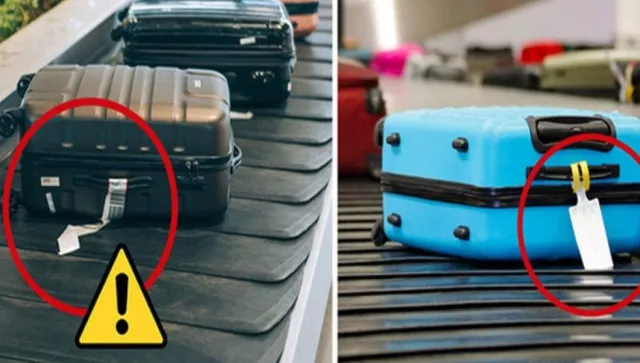
The purpose of luggage tags
Luggage tags serve a crucial function. They help airline staff identify bags and return them to owners if they get lost.
However, sharing too much personal information can be dangerous.
Criminals can take advantage of the information you provide.
What to avoid writing on your checked baggage?
To protect yourself, there are certain details you should avoid writing on your luggage tags:
Full address
Instead of your full home address, consider just using your city and state.
This provides some identification without revealing too much.
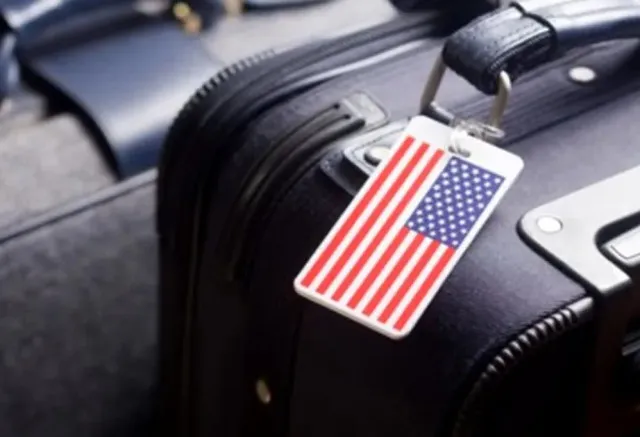
Phone number
Avoid writing your personal phone number.
If someone finds your bag, they may misuse this information.
Instead, consider using a work number or a temporary phone number if necessary.
Email address
Do not include your email address.
Similar to your phone number, this could be used for scams or other unwanted contact.
Personal identification numbers
Never include sensitive information like your Social Security number or passport number on your luggage.
Risks of sharing personal information on checked baggage
When you write your name and home address on your luggage tag, you might think you are being responsible.
Unfortunately, this can lead to problems.
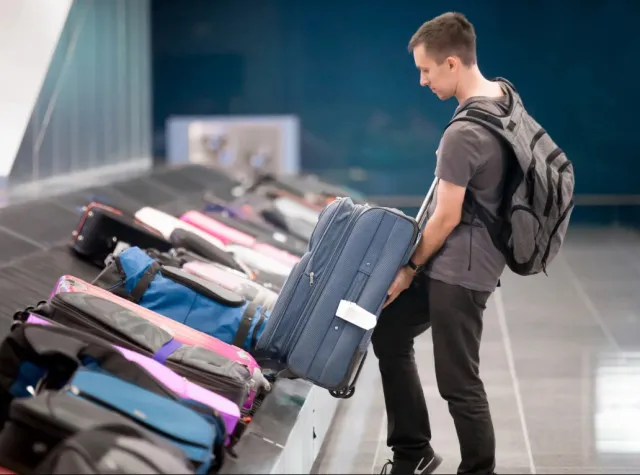
If someone sees your address, they may know when you are away.
This could lead to theft or other crimes at your home.
For example, if a thief sees your address on the tag, they could follow you or wait until you are gone to break into your house.
This is a risk many travelers do not consider.
Criminals have exploited luggage tags for illegal activities.
There have been real cases where criminals used luggage tags to commit crimes.
In Brazil, police arrested a group of drug smugglers who copied passenger information from luggage tags.
They placed this information on their own bags, which contained illegal items.
This allowed them to transport drugs without getting caught.
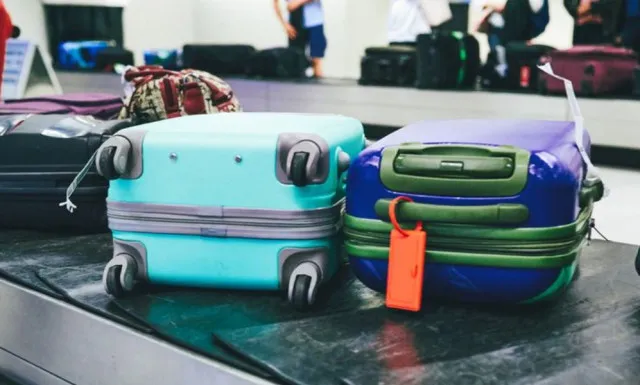
Another incident involved a woman from Hong Kong named Lam Tran Dinh.
While traveling to Malaysia, she helped an elderly lady with her luggage.
Unfortunately, the bag contained drugs, and she was arrested.
The penalties for drug trafficking in Malaysia are severe, including the death penalty.
Safer alternatives for luggage tags
Instead of writing personal information on your luggage tag, consider these safer alternatives:
Use a unique tag design that stands out.
This way, you can easily identify your bag without needing to put detailed information on it.
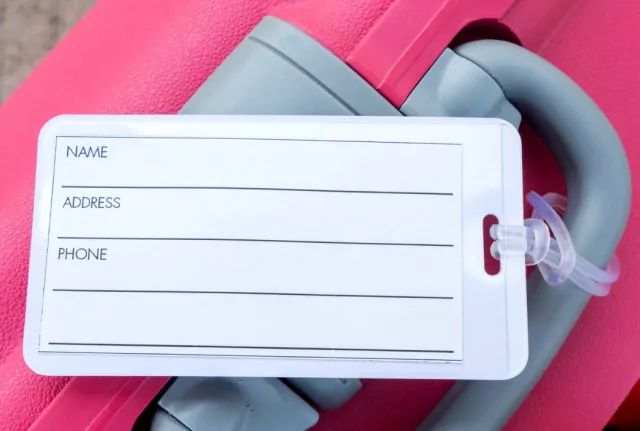
Use card with limited details
If you need to provide contact information, consider using a business card with limited details.
This can help reduce risks while still offering a way to contact you if needed.
Digital Tags
Some travelers are now using digital luggage tags.
These tags can be updated with information through an app, allowing you to change details as needed without writing them down.